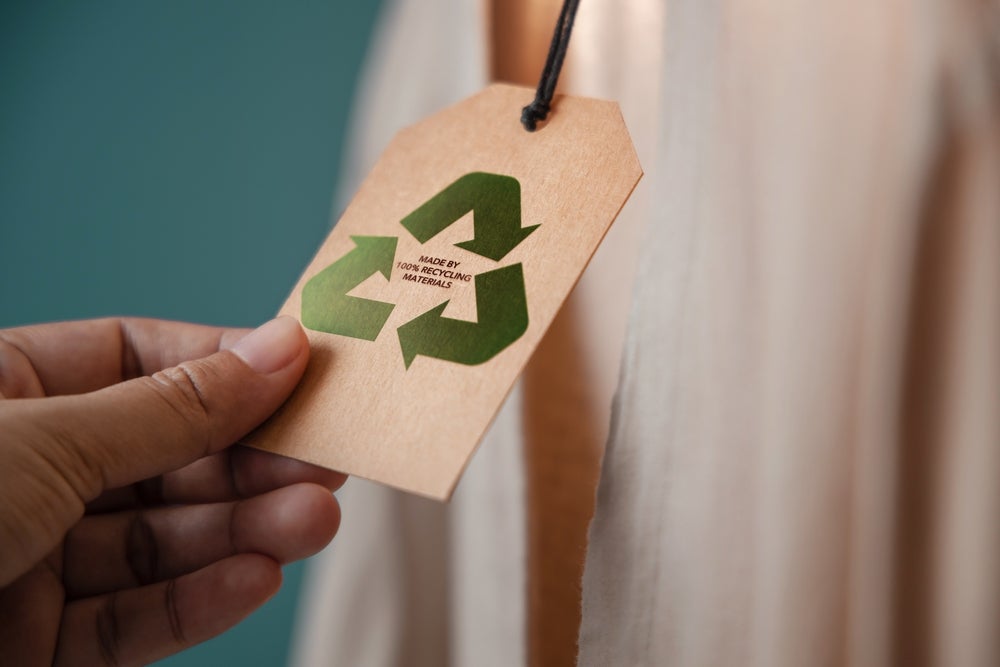Fashion
US ‘must not overlook fashion’s potential to address climate crisis’

Credit: Shutterstock.
The Slow Fashion Caucus’ founder and chair Chellie Pingree is urging president Biden to include representatives from the fashion and textile industries in the new White House Task Force on Climate and Trade.
In a letter written to the president, Pingree and members of the Slow Fashion Caucus highlight the significant climate challenges facing the fashion industry and argue the sector is a “fundamental missing piece” in discussions on the climate crisis.
“Americans are the largest consumers of fashion and textiles in the world, and these various sectors employ millions of people domestically. There are growing business and job opportunities in all skill levels in areas of fashion like sustainable textiles and textile manufacturing, reuse and recycling technology, logistics, and science,” the lawmakers wrote.
“The opportunity to capture the nascent promise of this sector, which will in turn bolster our economy and create jobs in our communities, is one the United States should not overlook.”
The letter claims the fashion and textile industry is responsible for an estimated 4% of global greenhouse gas emissions.
It adds textile waste has increased 80% since 2000, making it “the fastest growing waste stream in the country”.
Access the most comprehensive Company Profiles
on the market, powered by GlobalData. Save hours of research. Gain competitive edge.

Company Profile – free
sample
Your download email will arrive shortly
We are confident about the
unique
quality of our Company Profiles. However, we want you to make the most
beneficial
decision for your business, so we offer a free sample that you can download by
submitting the below form
By GlobalData
“For too long the textile reuse and recycling sectors have been left off the menu on the national sustainability agenda. American Circular Textiles (ACT) represents circular textile companies at the forefront of domestic decarbonised textile manufacturing. These companies, with operations throughout the country, have a large national employment and economic presence with robust manufacturing potential,” said Rachel Kibbe, CEO of ACT, which has worked with the Slow Fashion Caucus.
“Without federal action, we will continue to fall behind other nations that are already capturing the circular textile opportunity. Having a seat at the table in the Climate Task Force would ensure the opportunities of our sector don’t continue to be overlooked.”
The Slow Fashion Caucus launched in July 2024, aimed at limiting the impact of fast fashion.










